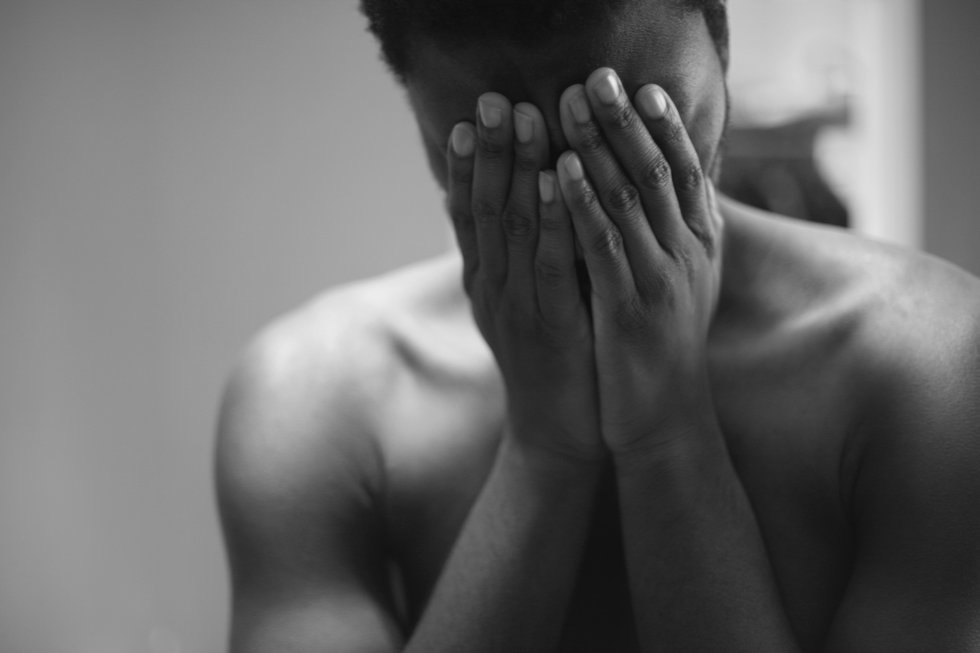Though there are still pockets of the United States where being out of the closet is a dangerous proposition, culturally, LGBT people are becoming more accepted. Parts of life once known only to those who went to shady downtown drag bars are now unabashedly shown on TV sets across the country. More and more public figures are coming out as gay, lesbian, and bisexual. Transgender people have hit a bit of a snag under the current White House administration, but prominent members of their community such as Laverne Cox, Chelsea Manning, and Caitlyn Jenner have nonetheless helped the American public to understand the plight faced by their community. One group, however, that consistently lacks representation in popular culture is the asexual community.
Our society has become hyper-sexualized. The adage “sex sells” is as true today as ever – advertisements for such inane things as car insurance, web hosting, and mobile games are filled with provocative images and indecent implications. Celebrities are commonly questioned on daytime television about who they’re sleeping with, what they like, and who is good in bed. Many of the more casual news outlets such as HuffPost and Cosmopolitan frequently publish articles about sex – how to make it better, different, or more exciting. All of this, in itself, is not inherently bad, but it has the unfortunate side effect of causing the public to forget that not all people have sex. When two people are in a relationship, the natural assumption is that they are having sex or, at the very least, that they want to be having sex. This, in turn, leads to the subconscious belief that asexual relationships are somehow incomplete, which is simply not the case for people who are asexual.
Furthermore, sex education classes often overlook some of the more practical aspects of sex and relationships and often don’t adequately explain that some relationships are sexual and some aren’t. These classes are wrought with other more obvious failures as well, but for students who may be unsure of how they feel about the idea of sex or who live under the false assumption that all intimate relationships are inherently sexual, this omission can lead to more anxiety and confusion down the line. The specific terms of all relationships are, of course, defined by the people in the relationship. Thus, not all relationships require that sex be one of the tenets.
Some see asexual people as a minor part of the LGBT community. What seems to be little understood, however, is that asexual people can face the same kind of rejection that other LGBT people suffer. Parents might be upset that their child is asexual for some of the same reasons that they would be upset if their child were gay or lesbian. They might be shocked to learn that they may never have biological grandchildren or they may simply be upset that their children are breaking with the idea of the traditional family. For this very reason, asexual people deserve the full support and backing of the LGBT community and those who consider themselves allies of the community.
Straightforward steps can be taken in daily life to make asexual people feel more included. When discussing relationships with unfamiliar people, care can be taken to ensure that the entire conversation does not revolve around sex, as it is not a part of all individuals' relationships. Even though many people put sex on a pedestal and make it out to be the pinnacle of intimacy, everyone must recognize that not all people have the same experiences or desires about sex and the pinnacle of intimacy for them make take one of a plethora of other forms. In conversation, it is important to choose one's words wisely to be sure that asexual relationships are not being subconsciously treated as inferior or incomplete.
This article is not meant to shame those who are not inclusive of asexual people in their daily lives, but rather to encourage all people who wish to be more inclusive of people from all walks of life to consider the struggles that asexual people may face. As a whole, asexual people are, statistically speaking, not nearly as threatened as other groups within the LGBTQ community such as transgender people, but they do face their share of oppression and erasure. As such, it is worth bringing their problems to light such that our community and, by extension, the global community, can grow to become more understanding of one another and more sensitive to others in our words and actions.






 The minimum wage is not a living wage.
StableDiffusion
The minimum wage is not a living wage.
StableDiffusion
 influential nations
StableDiffusion
influential nations
StableDiffusion












